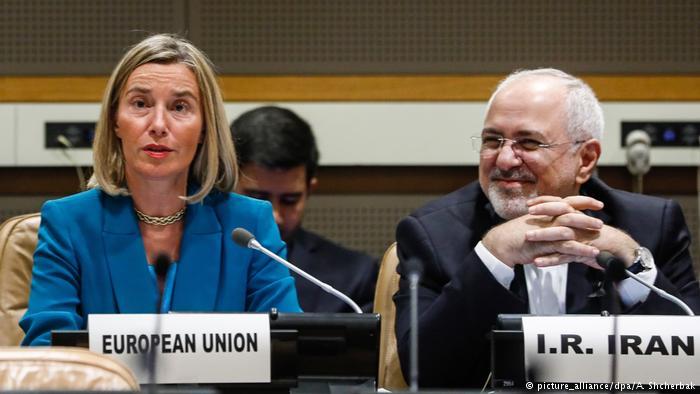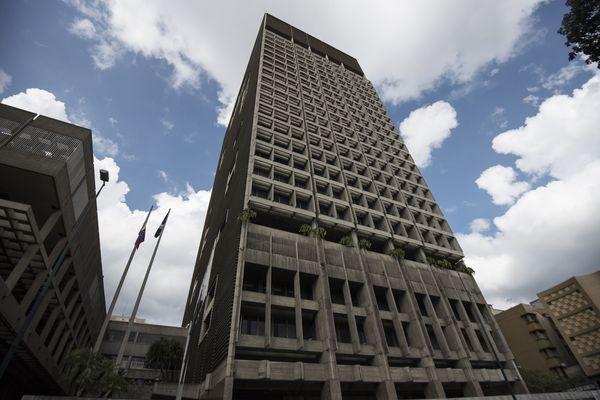Earlier this week, the DNI and his CIA director elicited a stern rebuke from President Trump after contradicting him by warning that Iran remained “technically” in compliance with the nuclear deal and that ISIS remained a threat in the Middle East, prompting Trump to warn that Iran remained a threat, and that Trump was right to scrap the Iran deal because “they are testing Rockets (last week) and more, and are coming very close to the edge.”
The Intelligence people seem to be extremely passive and naive when it comes to the dangers of Iran. They are wrong! When I became President Iran was making trouble all over the Middle East, and beyond. Since ending the terrible Iran Nuclear Deal, they are MUCH different, but….
— Donald J. Trump (@realDonaldTrump) January 30, 2019
….a source of potential danger and conflict. They are testing Rockets (last week) and more, and are coming very close to the edge. There economy is now crashing, which is the only thing holding them back. Be careful of Iran. Perhaps Intelligence should go back to school!
— Donald J. Trump (@realDonaldTrump) January 30, 2019
As it turns out, President Trump had a point. And he only had to wait a few days for Iran to remind the world that it’s missile tests remain a threat not just to US national security, but the global order.
During a celebration of the 40th anniversary of the creation of the Islamic Republic on Saturday, Iran carried out a test of its new Hoveizeh cruise missile, which, with a range of 800 miles, is capable of striking Israel, Saudi Arabia and the UAE.
What’s more, the missile tests violate the UN resolution that enshrined the Iran deal, which called for Iran to wait eight years before developing new cruise missiles capable of delivering a nuclear payload. Iran denies that it violated the resolution because it denies that the missiles are capable of carrying a nuclear warhead, and that they are merely for “defensive and deterrence” purposes, according to Reuters.
The Hoveizeh is part of the Soumar family of surface-to-air cruise missiles first unveiled in 2015
💥Iran test-fired its Hoveizeh cruise missile, with the range of 1200+ km. pic.twitter.com/TV1LdIvvPs
— Vugar Atabey (@VA1908AV) February 2, 2019
While western experts warn Iran often exaggerates the capabilities of its weapons, the missile launch is still concerning, according to the Express.
Iran’s Defense Minister Amir Hatami warned that the missile was representative of Iran’s spirit of self reliance.
“The Hoveyzeh missile is the symbol of self-belief and an important defense achievement based on today’s technological progress in the world.”
And in what sounded like taunting the West and Saudi Arabia, Hatami warned that Iran will decisively respond to any threats “on the same level.”
In January, the US warned Iran not to carry out three planned missile tests, but the Islamic Republican proceeded anyway.
Trump pulled out of the Iran deal last year, arguing that, although Iran was technically in compliance, the terms of the deal were too generous to Iran’s domestic weapons industry, which the country has developed internally during years of international sanctions.
And with that, the international community takes one step closer to World War III.
via ZeroHedge News http://bit.ly/2Tr4CzD Tyler Durden
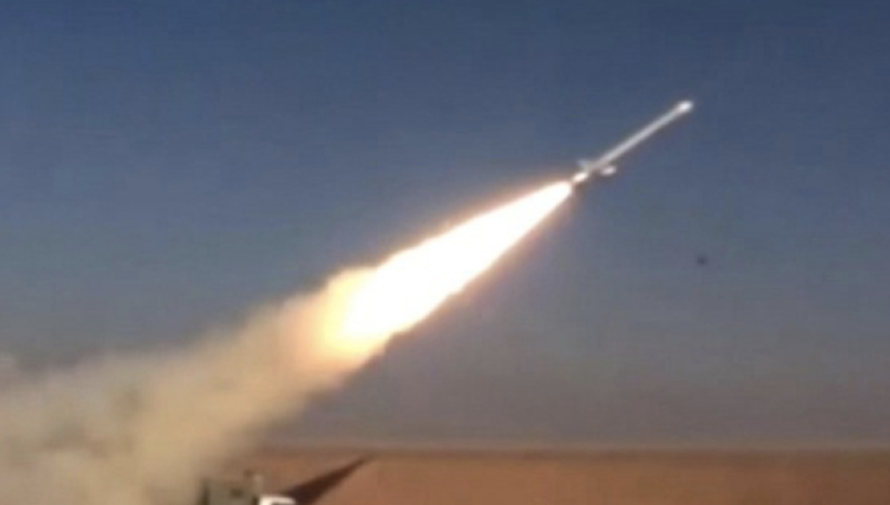
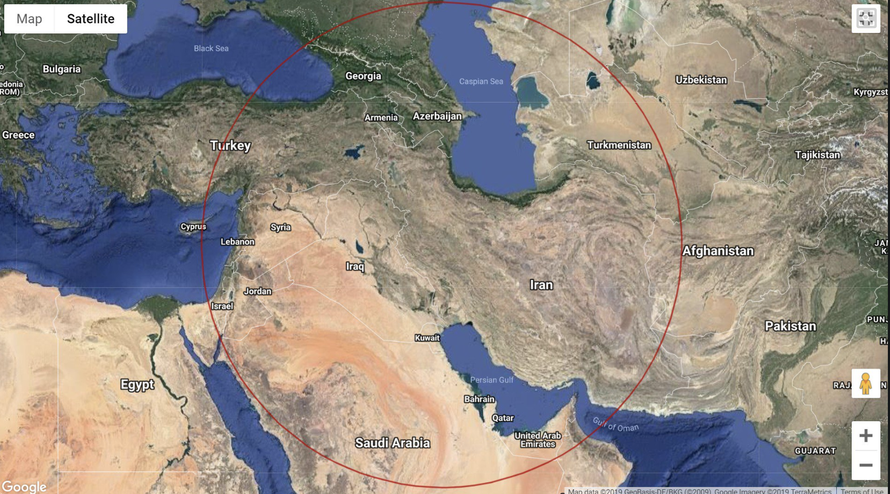


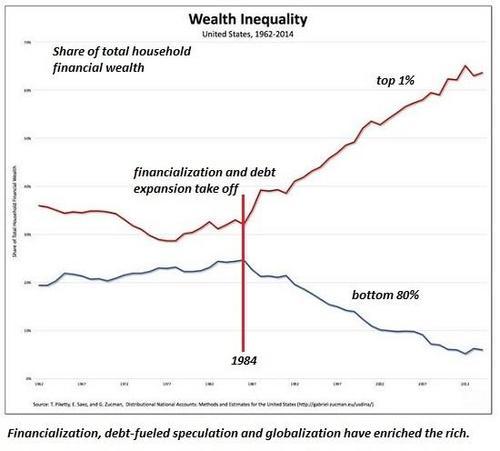
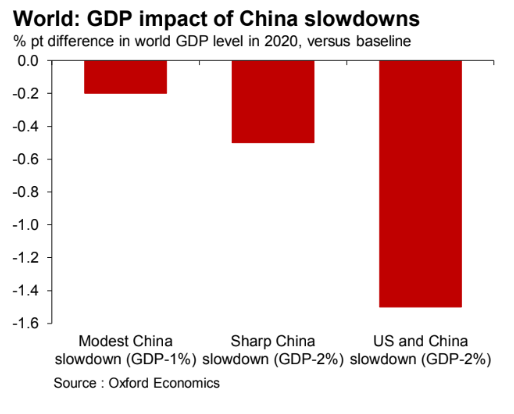

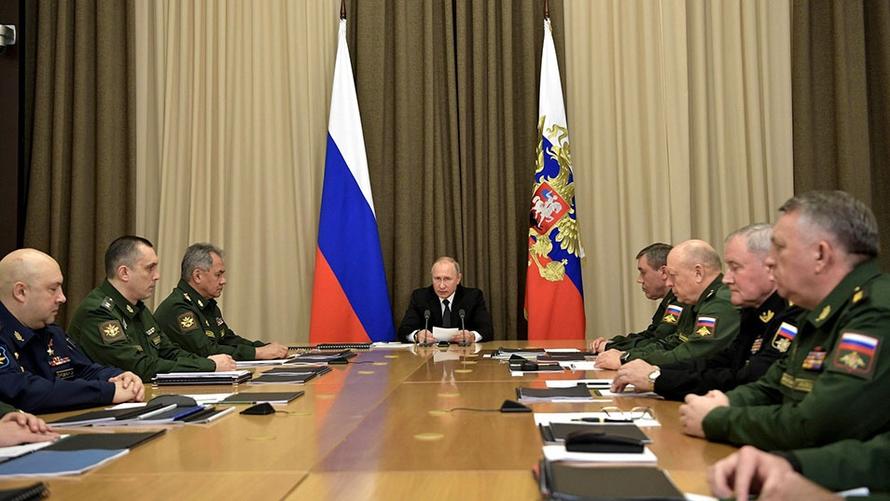



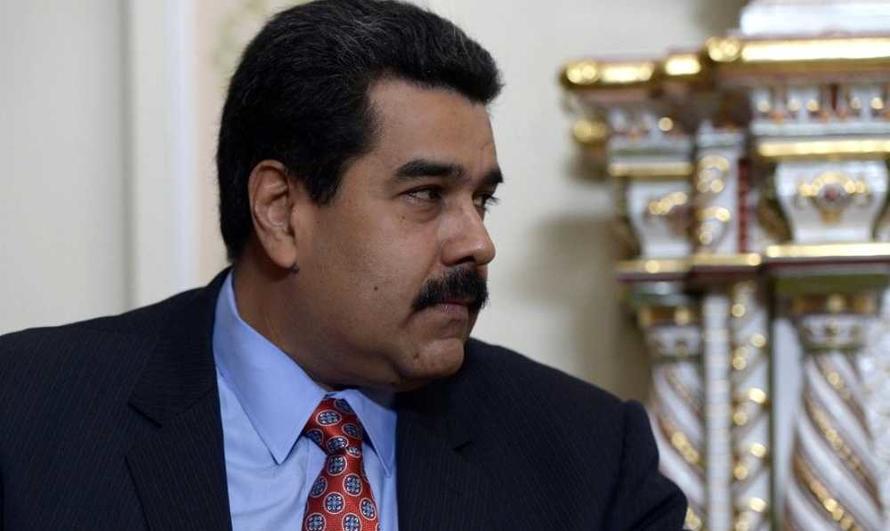
 On Sunday evening, the Los Angeles Rams will battle the New England Patriots for National Football League supremacy—and they’ll do in inside a brand new stadium in downtown Atlanta that cost Georgia taxpayers
On Sunday evening, the Los Angeles Rams will battle the New England Patriots for National Football League supremacy—and they’ll do in inside a brand new stadium in downtown Atlanta that cost Georgia taxpayers 